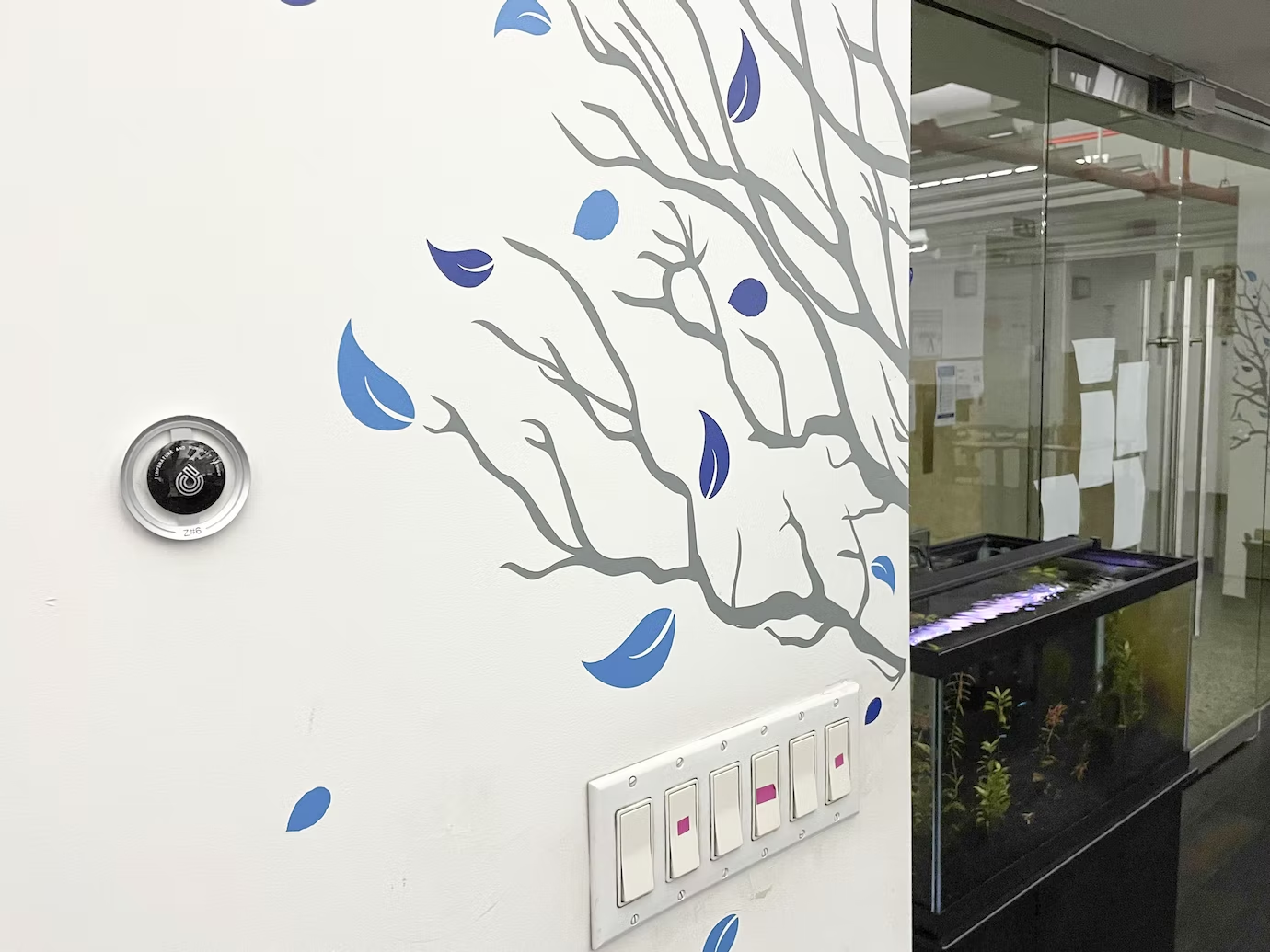Download PDF
Ecoffectiveness: A New Approach to Achieving Net Zero Emissions
Technology Category
- Infrastructure as a Service (IaaS) - Virtual Private Cloud
- Wearables - Virtual Reality Glasses, Headsets & Controllers
Applicable Functions
- Product Research & Development
- Sales & Marketing
Use Cases
- Continuous Emission Monitoring Systems
The Challenge
The challenge at hand is the increasing need for major brands to reach Net Zero emissions as part of their core business targets. This is in line with the global push towards sustainable development goals. The key question that arises is how to increase profitability while simultaneously decreasing emissions to Net Zero. The situation calls for a novel methodology that considers emissions as a key effectiveness measure. The challenge also extends to the need for organizations to participate in the building of a dataset to test this new methodology.
About The Customer
The customer in this case is Purpose Disruptors, an organization that is presumably interested in disrupting traditional business models with a focus on sustainability. They are likely to be a forward-thinking entity that values innovative approaches to achieving sustainability goals. They are interested in understanding the impact of their marketing on climate change and are open to exploring new strategies and propositions that can help them grow without negatively impacting the environment. They are also likely to be interested in participating in the creation of a dataset to test the Ecoeffectiveness methodology.
The Solution
The solution proposed is 'Ecoffectiveness', a first-of-its-kind methodology developed with the backing of the IPA. This approach invites organizations to participate in the creation of a dataset to test the methodology. The 'Ecoeffectiveness Ignition Workshop' is a virtual workshop designed to introduce organizations to Ecoeffectiveness. It aims to unpack the impact of marketing on climate change and identify the levers available to decouple revenue and CO2 emissions. The approach is commercially savvy, data-informed, and customer insight-led. It involves a fresh look at marketing strategy and propositions to enable growth that doesn't harm the environment. The workshop is supported by a short research phase and followed up with a strategic approach and implementation roadmap.
Operational Impact
Related Case Studies.

Case Study
Mobile monitoring system: Vehicles with sensors to control air quality in Glasgow
Countries throughout the world have a need, and in many cases a legal obligation, to ensure air quality is meeting specific standards. Policies aim to reduce exposure to air pollution, by reducing emissions and setting limits and targets for AQI. Public authorities in cities have deployed static stations to monitor air quality data for a set of pollutant with specific, and high cost, sensing technologies. These stations provide highly accurate data but their cost limits the quantity of deployments, leaving large gaps in coverage.

Case Study
Enhancing Environmental Control and Reducing Emissions in Nordic Smart Cities
Municipalities and public institutions are concerned about air, water, noise or lighting pollution in cities. In the last years, it has become mandatory through several international regulations to reduce emissions that could impact in the environment and also inhabitants lives.Being a Smart City is more than just a trend, is a commitment with society and stakeholders.Carbon Track and Trace Project (CTT) aim is reducing CO2 emissions, combating climate change in cities and also developing a decision support system for cities greenhouse gas (GHG) emissions monitoring. It was funded by the Low Carbon City Lab flagship of the EU Climate KIC programme.

Case Study
Summit Materials: Enhancing Safety and Sustainability with IoT
Summit Materials, a leading integrated construction materials solution provider, was facing challenges in achieving their Environmental, Social, and Governance (ESG) goals due to decentralized solutions for telematics, safety, and site visibility. This decentralization led to gaps in their data and reporting, making it difficult to track progress against their goals. Their operations spanned across 22 U.S. states and British Columbia, Canada, further complicating the tracking process. Summit needed a technology partner that could consolidate their over the road fleet safety, emissions, and fuel consumption data into a single platform for better visibility and data reliability.

Case Study
IoT-Based Energy Management: A Case Study of Bright Power and 75F
Bright Power, a nationwide leader in strategic energy solutions, was facing challenges with simultaneous heating and cooling in its New York headquarters due to uncontrolled perimeter radiation and packaged air conditioning on thermostats. The building’s system included individually-controlled thermostatic radiator valves and a packaged air-conditioning unit. This led to frequent simultaneous heating and cooling and a lack of control, resulting in energy wastage and occupant discomfort. Bright Power sought to control the space’s disparate systems with the aim to reduce energy waste, increase comfort, and evaluate how IoT-based controls can help their commercial and multifamily clients achieve the same. They also required an open-source solution that could install in tandem with Tunstall radiator products.
Case Study
Mocoh's Transition to Lower Carbon Emissions with CarbonChain
Mocoh, a Geneva-based company supplying essential energy and resources across Africa, was facing a significant challenge in managing its greenhouse gas (GHG) emissions. In 2021, the company had little to no visibility of the carbon footprint or intensity of its oil and oil product trades. Mocoh wanted to lead the way in identifying sources of carbon emissions across its supply chain and publishing its findings. The company recognized the importance of transparent information and collaboration with all stakeholders in the complex energy transition. However, to do this, Mocoh needed to start measuring emissions from across its supply chain. The goals were to inform regulators with data-led information, understand the scale and structure of emissions in its products and transaction logistics, identify opportunities to reduce carbon intensity, and proactively and transparently share data with stakeholders.
Case Study
CABAÏA's Journey Towards Carbon Neutrality with Greenly
CABAÏA, a French ready-to-wear accessories brand, was committed to Corporate Social Responsibility (CSR) and environmental sustainability but lacked a clear understanding of its carbon footprint. The company had been experiencing strong growth since its inception in 2015, with a doubling of turnover every year. However, it was aware that in the modern business world, a commitment to the environment and CSR was essential for continued success. The challenge was to accurately measure its carbon footprint to identify areas where it could take concrete action to limit emissions. The traditional methods of CSR assessment were seen as old school, imprecise, and tedious, involving manual review of invoices and other data. CABAÏA needed a more efficient and reliable solution to automate this process.





